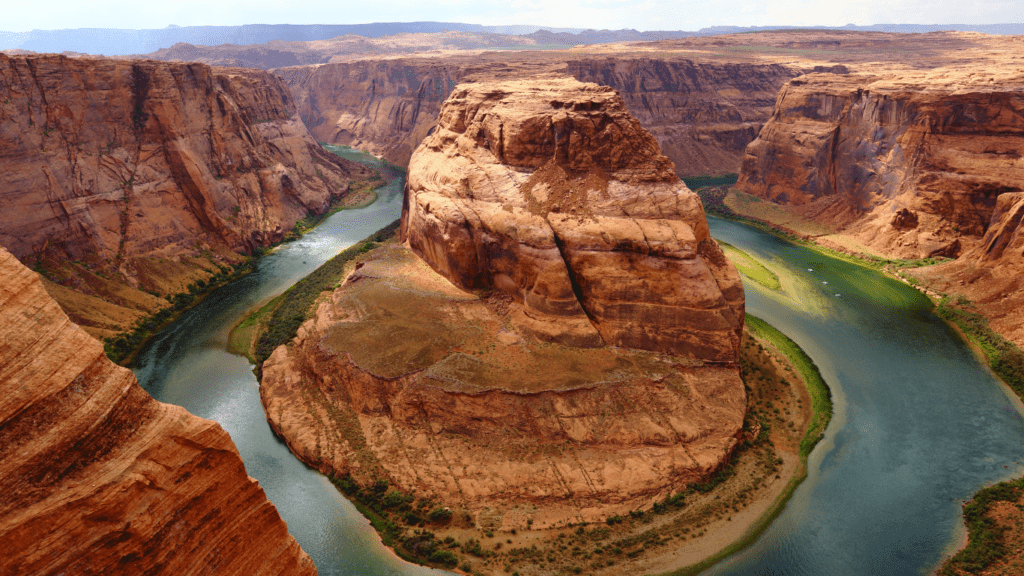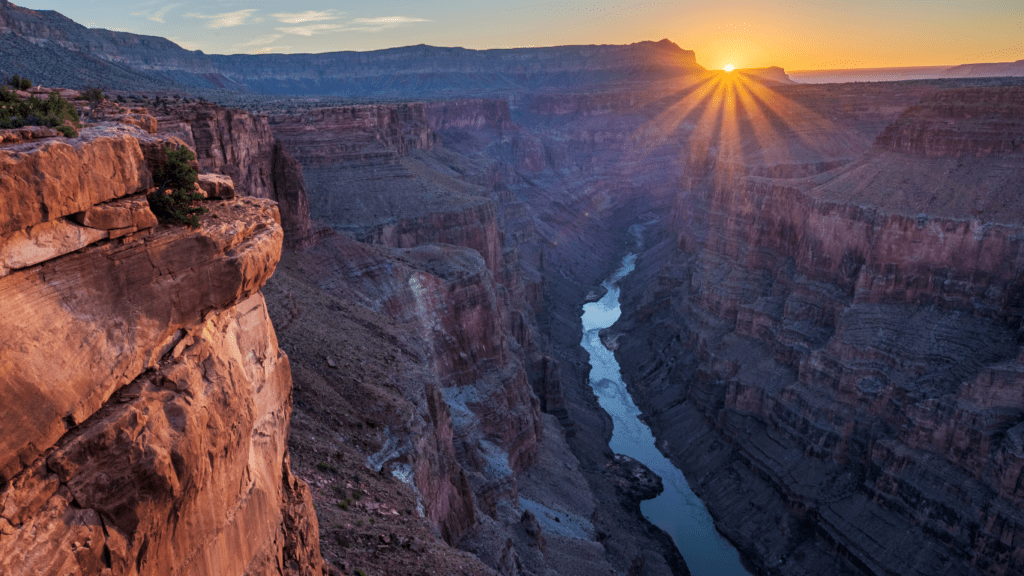Exploring the great outdoors and immersing oneself in the beauty of nature is a cherished pastime for many, but staying informed about the latest regulations governing our national parks is crucial. As an avid nature enthusiast, I understand the importance of keeping up-to-date with the ever-evolving guidelines that shape our park experiences. In this article, I’ll delve into the recent changes in national park regulations that every visitor should be aware of.
From updated camping restrictions to new wildlife protection measures, staying informed about these regulatory shifts ensures a harmonious coexistence between visitors and the natural environment. Join me as we navigate through the key updates that impact how we enjoy and preserve these treasured landscapes.
Overview of National Park Regulations
As someone passionate about nature, staying informed about the latest regulations governing national parks is crucial. Understanding these evolving guidelines is essential for ensuring a harmonious coexistence between visitors and the natural environment. In this section, I’ll delve into recent changes in national park regulations, focusing on updated camping restrictions and new wildlife protection measures that directly impact how we enjoy and preserve these treasured landscapes.
Key Recent Changes
In this section, I’ll delve into the new permitting requirements and updated wildlife protection policies in national parks.
New Permitting Requirements
The new permitting requirements in national parks now mandate advance reservations for camping, hiking, and other outdoor activities to manage visitor capacity efficiently. These changes aim to control overcrowding and minimize the impact on the park’s ecosystems. For example, popular trails and campsites may have limited permits available each day to ensure a more sustainable and enjoyable experience for all visitors.
Updated Wildlife Protection Policies
With the updated wildlife protection policies, visitors are now required to maintain a greater distance from animals and prohibited from feeding or approaching them. These stricter measures are crucial to safeguard the well-being of the park’s wildlife and reduce human interference in their natural habitats. Additionally, feeding wildlife can disrupt their natural behaviors and potentially harm their health.
Impact on Visitors
As a nature enthusiast, keeping abreast of the latest developments in national park regulations is essential for a harmonious coexistence with the environment. The recent changes in national park rules have a direct impact on visitors, influencing their activities and interactions within these natural spaces. Let’s delve into the specific implications for visitors following the updated regulations.
Advance Reservations:
Making advance reservations for camping, hiking, and other recreational activities is now a mandatory requirement. This ensures efficient management of visitor capacity, preventing overcrowding and preserving the natural serenity of the parks.
Wildlife Interaction Policies:
Visitors must adhere to updated wildlife protection policies that mandate maintaining a safe distance from animals. Prohibitions on feeding or approaching wildlife have been reinforced to safeguard the well-being of the park’s inhabitants and minimize human disruption in their habitats.
By understanding and complying with these evolving regulations, visitors can contribute to fostering a sustainable and mutually respectful relationship with the natural world in national parks.
Plan Your Visit Accordingly
Adapting to the recent changes in national park regulations is essential for a smooth and enjoyable visit. Here are some key aspects to consider when planning your trip:
- Advance Reservations: Ensure you make advance reservations for camping, hiking, or any other activities to secure your spot, as these are now mandatory to regulate visitor numbers effectively.
- Wildlife Interaction: Remember to maintain a safe distance from animals at all times. It’s crucial not to feed or approach wildlife to safeguard their well-being and habitats.
- Camping Restrictions: Take note of the updated camping restrictions in place to comply with the latest regulations and help preserve the natural environment.
- Visitor Guidelines: Familiarize yourself with the visitor guidelines and be prepared to follow them diligently to promote a sustainable and respectful relationship with nature.
By staying informed and adhering to these regulations, you can enjoy a responsible and fulfilling experience while exploring the wonders of national parks.



 Dominic Reed brings his extensive experience in outdoor survival and adventure sports to Terra Tactician Tactics, where he plays a crucial role in the platform's development. With a background in outdoor education and a deep love for wilderness exploration, Dominic is committed to creating content that inspires and informs readers. He specializes in writing articles on survival skills, advanced camping techniques, and gear recommendations, drawing from his own adventures and hands-on expertise. Dominic's practical approach and engaging storytelling help readers prepare for their outdoor pursuits, ensuring they are well-equipped for whatever nature throws their way.
In addition to his writing, Dominic actively collaborates with the team to expand the platform's reach and impact. He is passionate about connecting with the outdoor community and sharing his knowledge with those eager to learn more about survival tactics and adventure sports. His contributions have been instrumental in positioning Terra Tactician Tactics as a go-to resource for enthusiasts seeking to elevate their outdoor experiences. Dominic's dedication to the project is driven by his belief in the transformative power of nature and his desire to help others develop a deeper connection to the wild.
Dominic Reed brings his extensive experience in outdoor survival and adventure sports to Terra Tactician Tactics, where he plays a crucial role in the platform's development. With a background in outdoor education and a deep love for wilderness exploration, Dominic is committed to creating content that inspires and informs readers. He specializes in writing articles on survival skills, advanced camping techniques, and gear recommendations, drawing from his own adventures and hands-on expertise. Dominic's practical approach and engaging storytelling help readers prepare for their outdoor pursuits, ensuring they are well-equipped for whatever nature throws their way.
In addition to his writing, Dominic actively collaborates with the team to expand the platform's reach and impact. He is passionate about connecting with the outdoor community and sharing his knowledge with those eager to learn more about survival tactics and adventure sports. His contributions have been instrumental in positioning Terra Tactician Tactics as a go-to resource for enthusiasts seeking to elevate their outdoor experiences. Dominic's dedication to the project is driven by his belief in the transformative power of nature and his desire to help others develop a deeper connection to the wild.